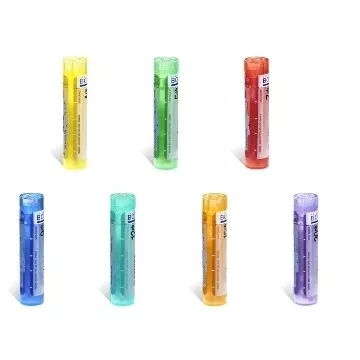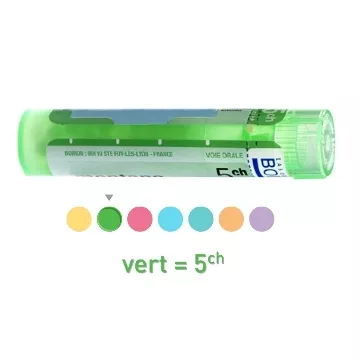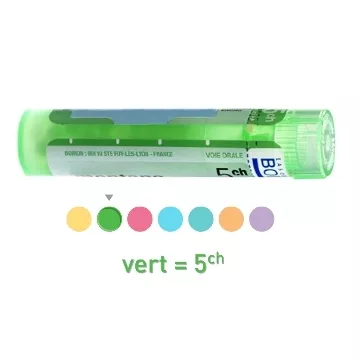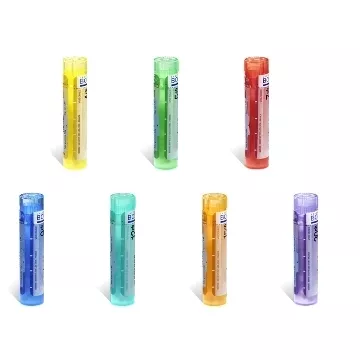




What is an expectorant and how does it work?
An expectorant is a type of medication that helps clear excess mucus from the airways. It works by stimulating the production of bronchial secretions to liquefy and facilitate the expectoration of mucus accumulated in the lungs. This cleanses the airways, making breathing easier for people suffering from conditions such as colds, bronchitis or other respiratory ailments.
When should I use an expectorant?
It's advisable to use an expectorant when you experience chest congestion due to excess mucus. Typical symptoms include a hacking cough and a feeling of heaviness in the chest. Expectorants are particularly useful for treating the symptoms of conditions such as chronic bronchitis and COPD (Chronic Obstructive Pulmonary Disease).
What are the main types of expectorants available?
Expectorants come in many forms, including syrups, tablets and inhalation solutions. Guaifenesin is one of the most common expectorants, renowned for its ability to thin mucus. Other active ingredients may include ambroxol and bromhexine, which are also effective in improving lung function and reducing mucus viscosity.
How do I use an expectorant correctly?
It's essential to follow the dosage recommended by your doctor or indicated on the packaging. Expectorants should be taken with plenty of water to optimize their effectiveness in helping to thin mucus. Do not exceed the prescribed dose, and consult a healthcare professional if symptoms persist or worsen after a few days' use.
What are the possible side effects of expectorants?
Although generally well tolerated, some users may experience side effects such as nausea, vomiting, diarrhea or headaches. Allergic reactions such as skin rashes, itching or difficulty breathing are rare, but require immediate medical attention.
Are expectorants suitable for everyone?
Expectorants are not recommended for everyone, especially children under the age of two without medical advice. Pregnant or breast-feeding women should consult a healthcare professional before taking any medication, including expectorants.
Can expectorants be combined with other medications?
It is sometimes possible to combine an expectorant with other medications, such as antihistamines or decongestants, to treat several symptoms at once. However, it's crucial to consult a healthcare professional before taking several treatments simultaneously to avoid drug interactions that could reduce the effectiveness of the medications or cause undesirable side effects.
Are expectorants effective against all types of cough?
Expectorants are specifically formulated to treat wet coughs, characterized by mucus production. They are not recommended for dry coughs, which may be aggravated by their use. For dry coughs, other types of medication, such as cough suppressants, may be more appropriate and effective.
How do expectorants make breathing easier?
Expectorants dilute mucus, making it less viscous and easier to cough out. This action helps to clear the airways, making it easier for air to enter and leave the lungs. This can significantly improve quality of life for people suffering from lung congestion due to conditions such as colds or bronchitis.
Are there any natural remedies with expectorant properties?
Yes, some natural remedies are renowned for their expectorant properties. Honey and lemon are often used to soothe the throat and thin mucus. Herbal infusions such as thyme or eucalyptus can also help clear the respiratory tract. However, it's important to note that these remedies can help manage symptoms, but do not replace prescribed drug treatments for more severe conditions.
How long should I take an expectorant?
The duration of use of an expectorant should be as recommended on the product label or as advised by your doctor. Typically, expectorants should not be used for more than seven to ten days. If symptoms persist or worsen despite treatment, it is essential to consult a healthcare professional to assess the situation and adjust treatment if necessary.